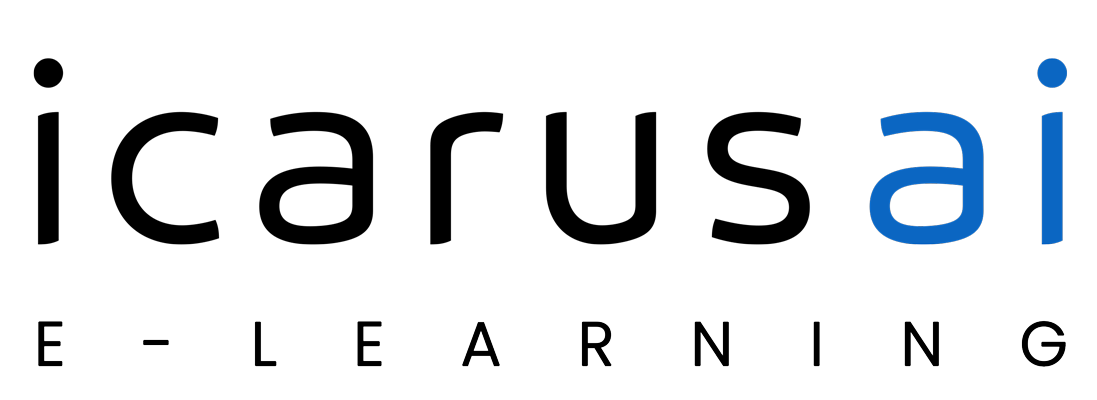As the world gathers for #UNGA, the conversation around #SDG4—Quality Education—is more urgent than ever. We’ve made incredible strides in getting children into schools, but the challenge has evolved. It’s no longer just about access; it’s about relevance, quality, and adaptability.
Today, a profound paradox exists: an estimated 250 million children and youth are out of school, while those in classrooms are often not acquiring the skills needed for a rapidly changing world. The digital divide persists, and the quality of education varies wildly. This isn’t just an education crisis; it’s a direct threat to global stability and sustainable progress.
The path forward requires a fundamental shift in our approach:
– From standardized content to personalized pathways: Moving away from one-size-fits-all models that leave many behind.
– From passive consumption to active skill-building: Empowering learners with critical thinking and future-ready competencies.
– From local relevance to global-local synergy: Ensuring education is both culturally rooted and globally competitive.
This is the evolution that will unlock human potential on an unprecedented scale.
Nektar Baziotis 🌿, CEO of ICARUS AI: “We’ve spent generations building the roads to the schoolhouse. Now, with AI, we can build the schools themselves, making them adaptive, multilingual, and available to every mind on earth. This is the strategic imperative for our time: to use technology to not just connect the unconnected, but to empower the uneducated. That is how we ensure a better living and a more sustainable future for all.”
The future of global well-being is not a given; it’s a curriculum we must write together.

